Social Distancing and Coronavirus Covid-19 Lockdown. Baby Steps to Manage School and Life at Home.
Background – Coronavirus Covid-19 Lockdown and Social Distancing. Baby Steps to Manage School and Life at Home.
While the world is in lockdown, there are families around the globe relishing newly created quality time together, a time to make up for busy schedules and hectic social and professional calendars that have made this previously difficult, if not impossible.
However, for most of us, at some point, lockdown and social distancing can prove a tense time. Confined indoors with no respite, conflict, stress, cabin fever and upset can sometimes rear its head.
Here are our tips and baby steps to creating order out of chaos, supporting family mental and physical health – and maintaining the new day to day regime with as much peace and harmony as possible.
Structure Physical Space
For parents working at home, it can be hard to navigate the new situation in which we find ourselves. Make sure to allocate a single space dedicated to work, where you can get on with things with as little disturbance as possible. If you’re limited on space, and do not have a spare room, setting up a ‘study den’ using simple things like a clothes horse and sheet, can be a simple way to give kids a new place to escape or focus.
Give Each Other Space
Make sure not to get to the pressure cooker situation. Both children and adults need space and alone time. This is especially true for those of us who are more introverted. Try to honour, respect and celebrate the differences between us to ensure that nobody feels slighted. Sensitivity often comes with cabin fever and being aware of this can help us all manage it.
Encourage each member of the family to feel confident in expressing their own needs – and value them. Some of us need to escape with a book, others jumping up and down to Jane Fonda’s workout. Some of us need to regroup in the quiet of meditation, others building Lego or dancing to Abba. There are no right answers. We are all different and in small spaces we have to find a way of working together.
Journaling
Journaling, creating a diary or even writing a story can be one of the most powerful acts of release to manage our thoughts and feelings. They each of us to vent and let go of any unspoken emotions. It gives everyone a place to feel that they can share their secrets, their thoughts and even worries, from the safety of their own home and without hurting others. Formulating thoughts here can often lead to self-understanding and discussion with our families later. Not only does a journal or diary become everyone’s therapist and best friend, but it is also a fabulous way to maintain our children’s writing skills.
But Do ….. Find Activities You Can Share Together
How often, before the Coronavirus Covid-19 crisis, did all of us wish that we just had more time to do things together?
Most of us, in lives filled to bursting with work and pressure, realise quickly that time is such a precious commodity.
The Coronavirus Covid-19 crisis has given many of us back some of that lost time – the time that as busy parents you may never have had the luxury of before. It’s the time to enjoy things from reading together to board games, cooking together and the most simple thing of all – the time to listen.
Bonding is so important and for many parents this is a time to catch up on missed time. Small children like to feel useful so even just letting them help Mummy and Daddy sort the laundry into piles, help with the cooking or cleaning – the simple and mundane tasks of day-to-day life, can entertain the little ones and make them feel valued.
Routine
As the Coronavirus Covid-19 Lockdown and Social Distancing increasingly define limits on our lives, try to stick to as much routine as you can, for the sake of you, as parents, and children. Ensure that children understand the times for play, the times for study and the times Mummy and Daddy need to work too. Bedtimes and morning wake-ups need some structure to allow the smooth transition into home-schooling and working from home. We all know that children need boundaries. This has never been truer than in a life lived at home in such proximity.
Open Communication
Whether it’s talking about the current situation and alleviating the children’s fears, or discussing ways of making the Lock Down and social distancing easier, communication is key.
The Coronavirus Covid-19 crisis and Social Distancing may well be playing on children’s minds, especially if they’re able to see the news. It is so important to ensure that they understand an age-appropriate amount of knowledge to allay their worry whilst limiting their sense of alarm. Children must, and have a right to, feel safe.
Try to Keep Active
There are so many online workouts, there are ways to manage without gyms and classes to keep the family healthily.
Whatever the activity, from on-line Zumba to yoga, Pilates to circuit classes, there will be an activity that works for every member of the family.
Maybe this is something you can do as a family, or it can be used to give parents time for themselves, or an activity for the kids as part of their home learning while parents work.
Being active not only helps get rid of pent up energy, but sometimes emotional energy needs to be vented too. Most of all, exercise is a way to release endorphins – nature’s way of making us feel happy.
Being active will ensure too that you and your children are more mentally alert, making working and studying at home all round happier and more productive.
Stay Connected
For parents dependent on the social hubbub of office life, or outgoing children that gain their self-identity from socialising with their school friends, it’s vital not to feel the pain of isolation that comes with lockdown and Social Distancing. We are social animals.
In addition to going back to the basics with phone calls, apps such as Zoom and Botim allow us to feel we haven’t lost touched with friends and family, wherever we are in the world.
Limit News Intake and Social Media Time
While it’s important to stay on top of developments which can change overnight or faster, it’s easy to get drawn into the negativity of fear and panic. Misinformation too is rife. What we as parents feel, it is likely our children will pick up on too.
Where possible, rely on trusted sources like the World Health Organisation (WHO) and regulators like the KHDA and ADEK who are placing children first. You will have to decide, based on the age of your children, how much knowledge can safely be shared.
Never Be Afraid to Ask for Help
Remember that more than ever, we are all in this together. We will not get through this if we do not work together. Our actions can put others at serious risk – and vice versa. Social distancing and lockdown are in place for a reason.
Now is a time when community, kindness, altruism and caring for others has never been so important. Do ask for ideas and advice from friends and family if things seem overwhelming. You will equally find that your ideas will help others in return.
If the anxiety and situation become too much, don’t be afraid to seek professional help. Many clinics offer specialist family counselling and often you can access free support from your home country such as the Samaritans in the UK.
We are all transitioning into a new era, a time when our lives have been thrown upside down.
Elements of our lives will change forever and there is now no question that the global economy and families who have lost loved ones will be picking up the pieces of this crisis for many years to come.
In the UAE we should take confidence in the rapid action of the government. It has taken steps faster than many other countries to clamp down on the infection “curve” and significant investment has been made in food and medical supplies so that we are not facing the shortages felt in many other developed economies.
We are in this together both in the UAE, but also globally. That means that we genuinely are not alone. If you need help, ask. And if you are asked for help, if someone reaches out to you, recognise that this is an opportunity to make a difference in a world that now, surely, needs as much kindness as it can get.
—–
Backgrounder – Key facts Today at a Glance and What to Do if you Believe that You or Your Children are Infected or You are Locked Out of the UAE
As of 3 March 2020, the World Health Organisation calculated that the Coronavirus Covid-19 virus has an average 3.4% fatality rate making it 30 times more deadly than the flu virus. The flu virus kills between 290,000 and 650,000 people a year globally. The earliest estimation for global availability of a vaccine is projected to be September 2021.
As of 09:00, 20 March 2020, 246,804 cases of COVID-19 have been reported in 87 countries and territories, including 10,063 deaths.
Infection rates vary in countries between 1% and 6% depending on multiple factors including the age of the population.
The UAE government has so far been successful in containing the virus to just 113 cases as of 18 March 2020.
As of 17 March 2020, there are only two confirmed cases of Coronavirus Covid-19 in UAE schools. A total of 98 cases have been officially confirmed to the World Health Organisation in the United Arab Emirates.
The US Centre for Disease Control and Prevention reports that:
“There have been very few reports of the clinical outcomes for children with COVID-19 to date. Limited reports from China suggest that children with confirmed COVID-19 may present with mild symptoms and though severe complications (acute respiratory distress syndrome, septic shock) have been reported, they appear to be uncommon. However, as with other respiratory illnesses, certain populations of children may be at increased risk of severe infection, such as children with underlying health conditions.
Limited reports of children with COVID-19 in China have described cold-like symptoms, such as fever, runny nose, and cough. Gastrointestinal symptoms (vomiting and diarrhoea) have been reported in at least one child with COVID-19.”
Positively, the World Heath Organisation states:
“We are [only] eight weeks into this Coronavirus Covid-19 outbreak: yet we have identified the virus, we have the genetic sequence, PCR & serological assay in use. This wealth of knowledge is unprecedented for a new disease.”
Currently there is no cure.
- More on the UAE Government decision to close every school in the UAE to protect children can be found here.
- More on the UAE government decision to close all nursery schools can be found here.
- More on the UAE Government decision to ban school events can be found here.
- More on the first confirmed case of Coronavirus Covid 19 in a UAE school at the Indian High School, Senior Campus can be found here.
The single major action parents and students can take to protect themselves is to wash their hands. Medical specialist face masks are not advised for adults and are illegal for use by children because they restrict airflow and could result in respiratory failure if used over a long period. Paracetamol should be used in the case of suspected infection. Ibuprofen should not be used.
Current advice is for families not to travel by air unless it is absolutely unavoidable or an emergency.
A dedicated hotline has been set up to advise worried schools and parents on 06-7017000 and email at [email protected] for issues that arise during the closure of schools and universities and the Coronavirus Covid-19 outbreak.
Over 620 school buildings have been completely sterilised to date, in addition to 6,000 school buses.
More than 168,000 students have been enrolled in a pilot Distance Learning programme in Abu Dhabi
To report suspected cases of Coronavirus Covid-19, parents are asked to call:
- The Dubai Health Authority: 800 342
- The Ministry of Health and Prevention: 800 11111.
- The Department of Health Estijaba service: 800 1717
For parents in Abu Dhabi facing a crisis in looking after their children during the closure of nursery schools an emergency hotline is available on: +971 58 5886570 or the toll-free number 80051115.
For parents in Dubai, the KHDA is providing comprehensive support for parents here.
The Ministry of Foreign Affairs and International Cooperation has requested those holding valid UAE visas, and now locked out of the UAE, must do the following:
“Those who are now staying in their countries of origin have to contact the UAE diplomatic missions in their respective nations for all necessary support and to streamline their return back to the UAE.”
“Those who are currently outside the UAE for business considerations have to contact their employers here as well as Emirati diplomatic missions in their host countries for all necessary support to facilitate their return back to the UAE.”
“Those who are now on vacation have to contact UAE diplomatic missions in their respective host countries for all necessary support to facilitate their return back to the UAE.”
“The Federal Authority for Identity and Citizenship (ICA) has urged the families and kins of those affected by the decision to get in touch with the ICA via the following contact numbers to get updated on all the measures they have to pursue: Fax: 025543883, Mobile: 0501066099, Landline 02 3128867- 02 3128865, Email: [email protected]”
More on the real story of Coronavirus Covid 19 direct from Schools can be found on SchoolsCompared.com.
This is a rapidly developing story. Decisions are subject to change. We will publish more information for parents live as we receive it.
If you have a ground-breaking story in UAE education, please mail the SchoolsCompared.com News Desk 24/7 at [email protected]
© SchoolsCompared.com 2020. All rights reserved.











































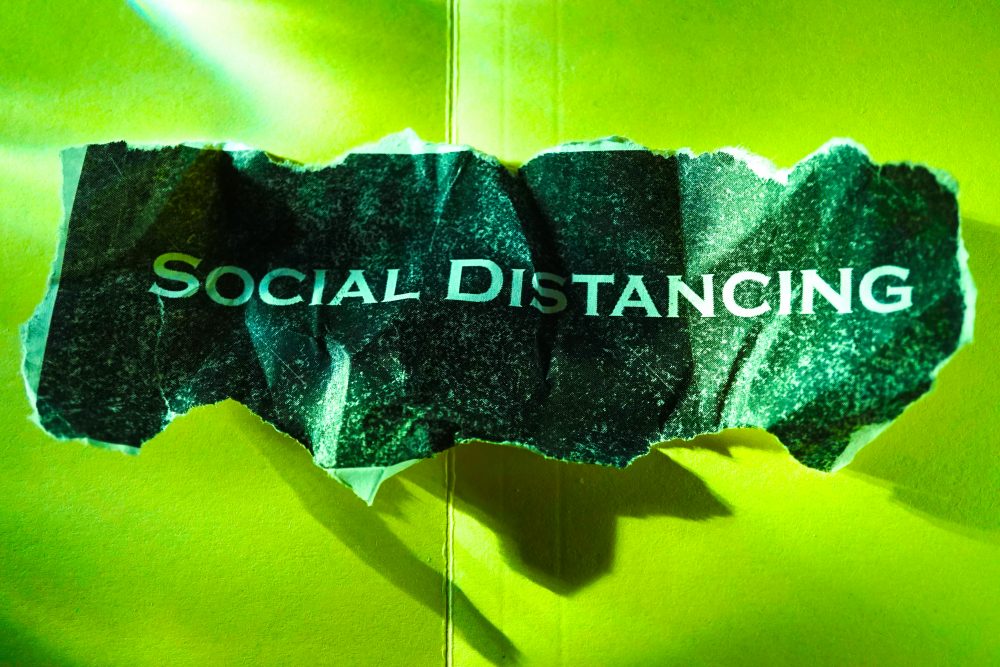
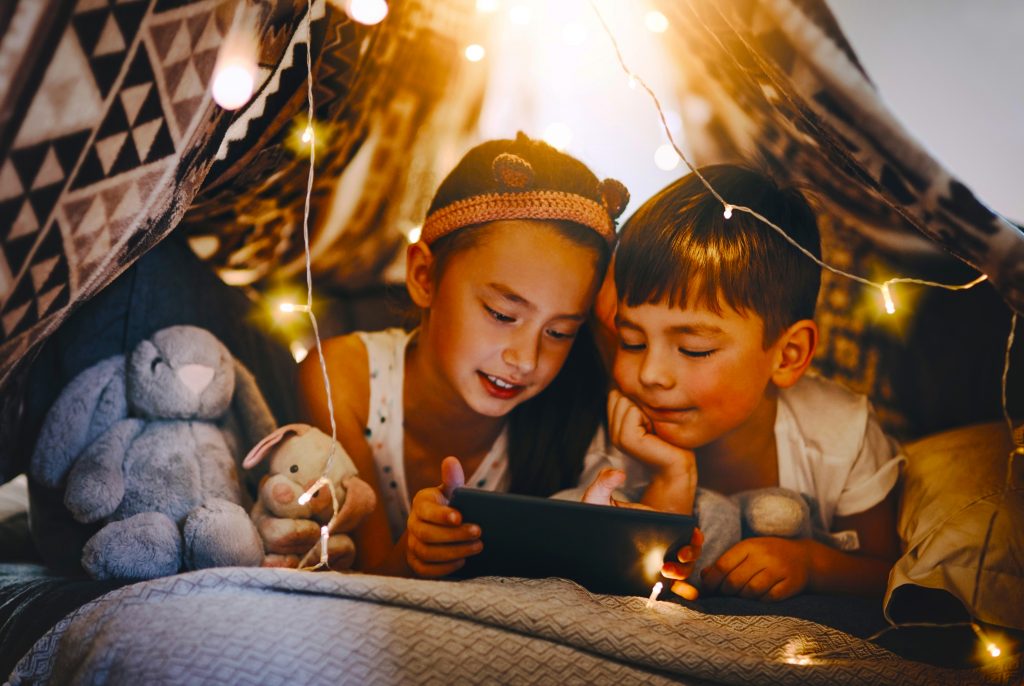

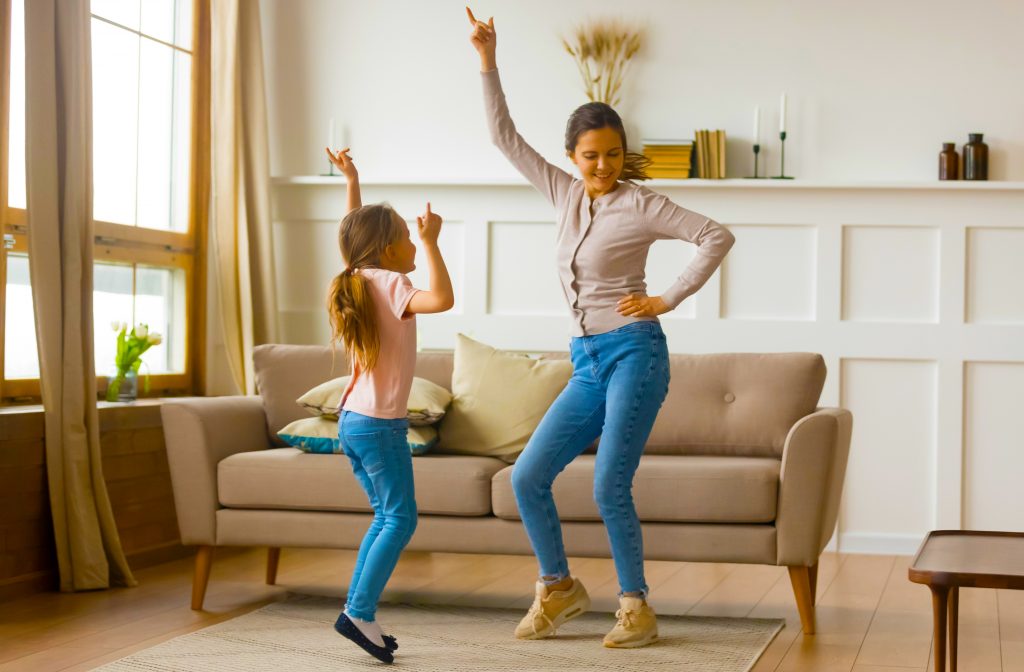
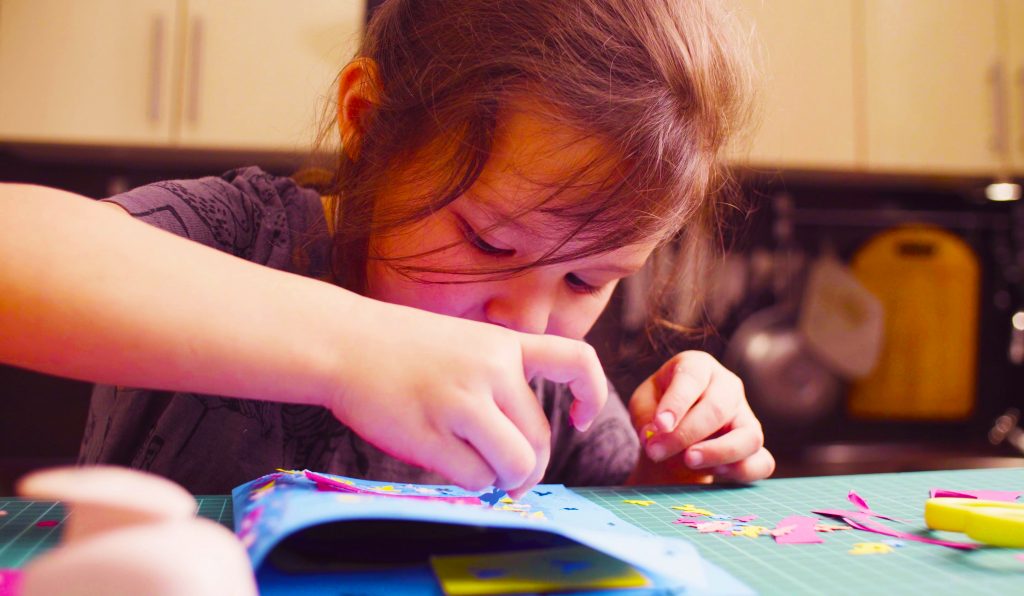
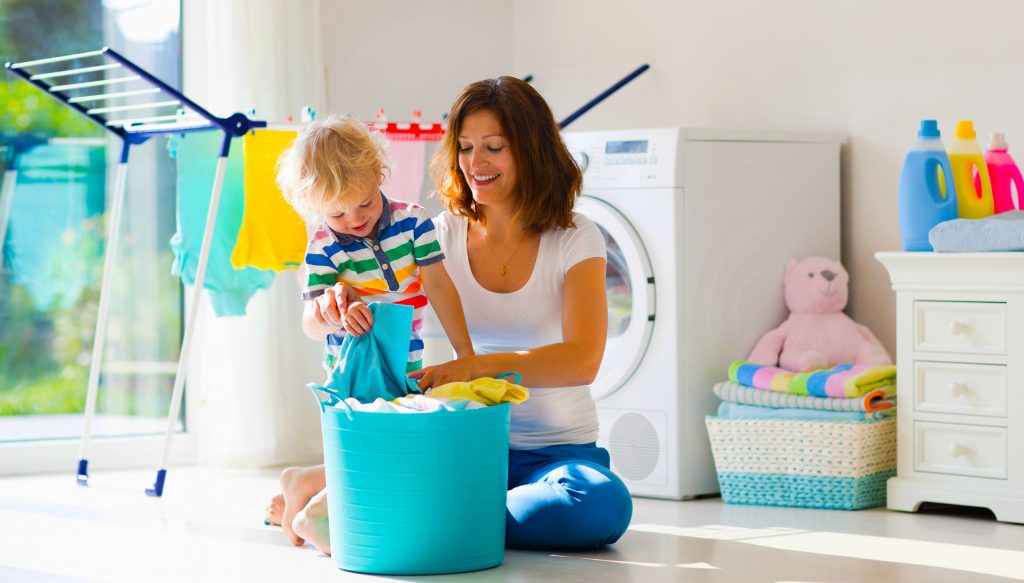
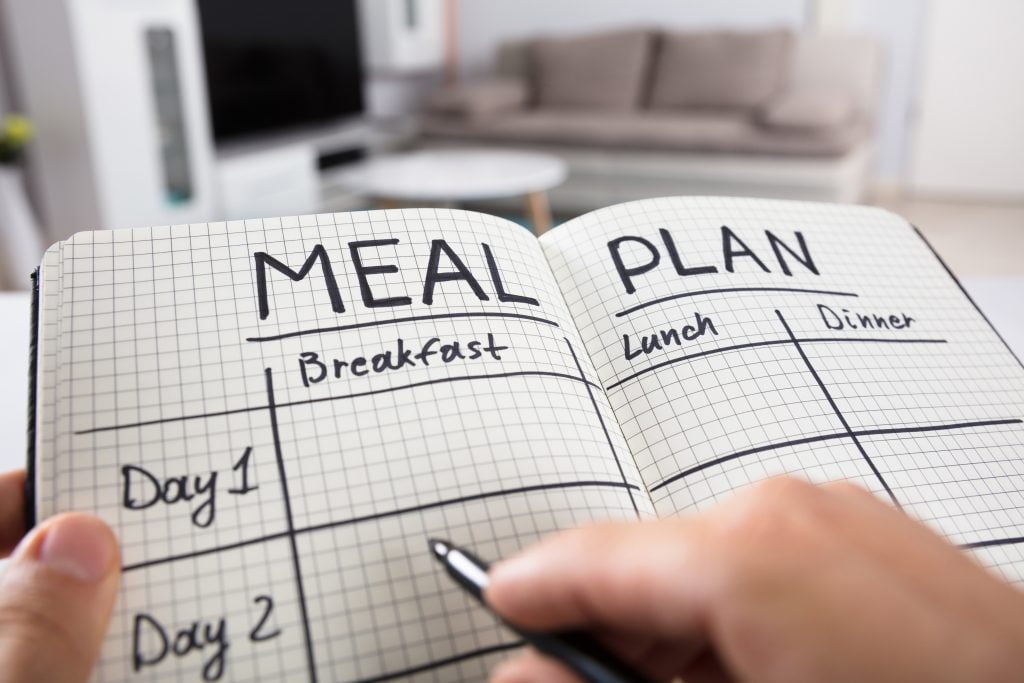
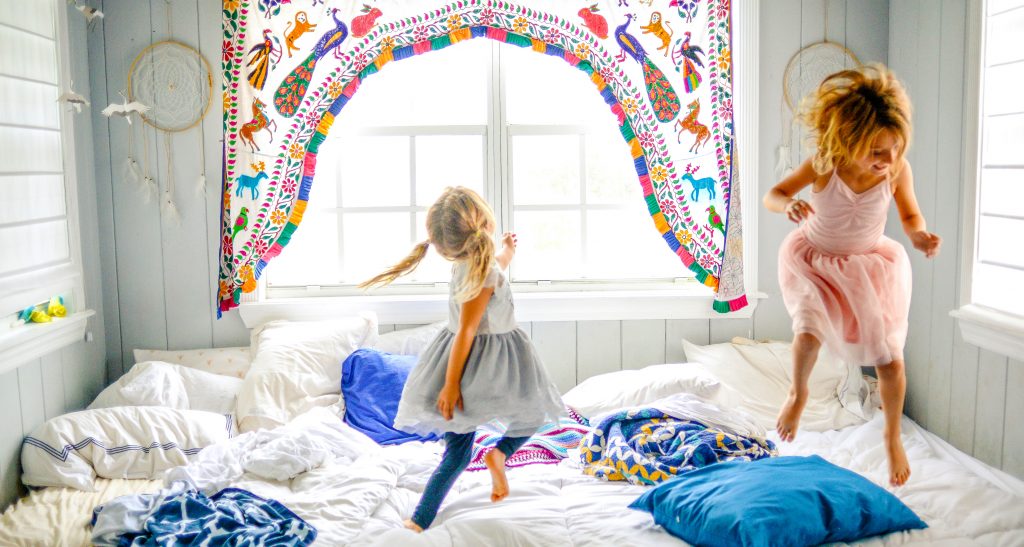
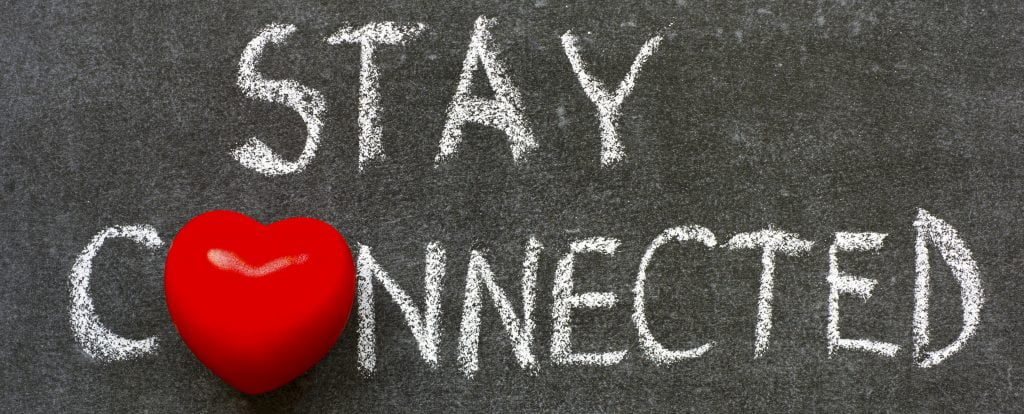
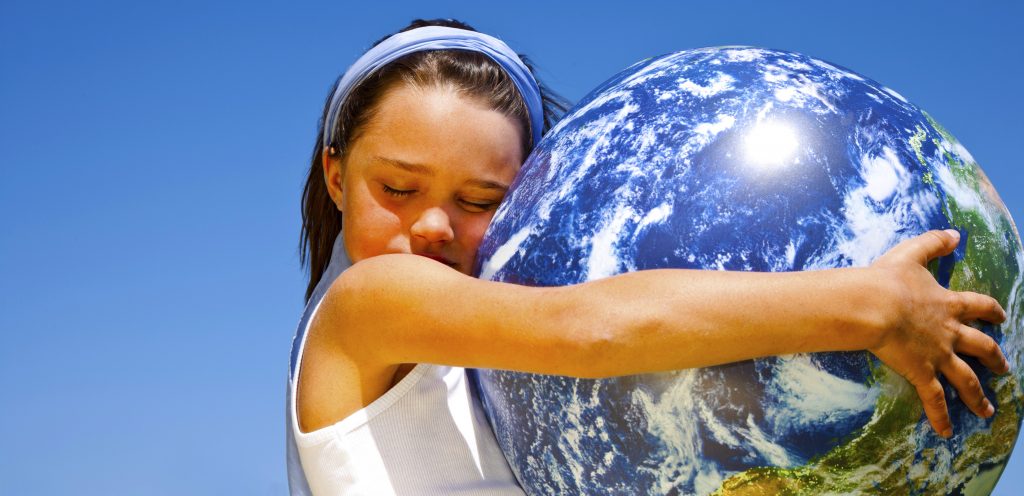
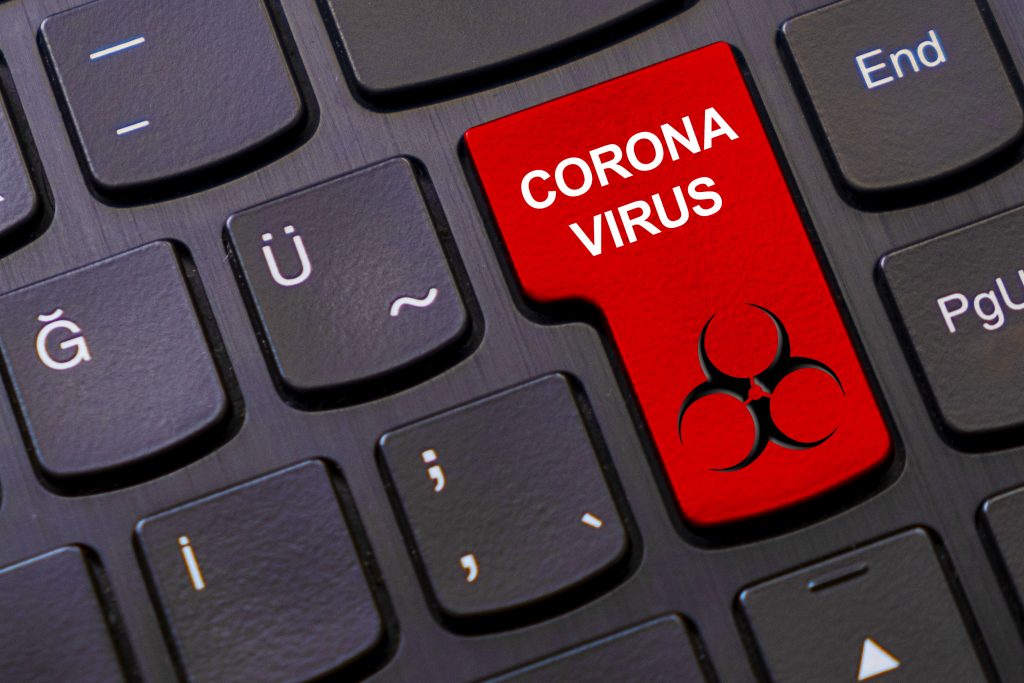
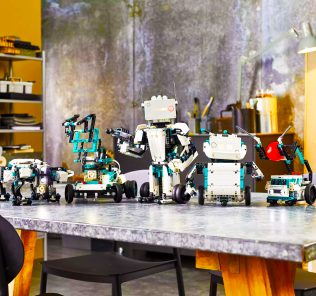
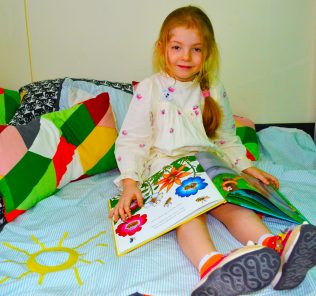
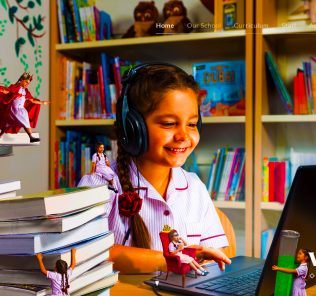












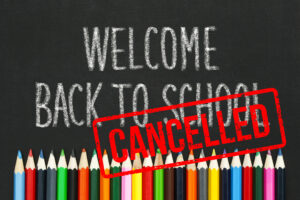

Leave a Response